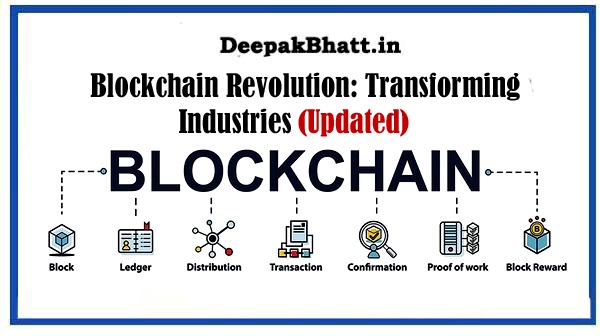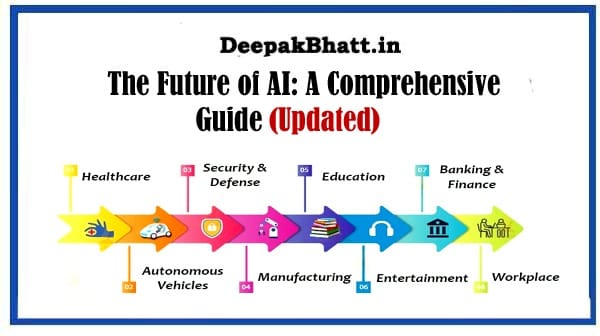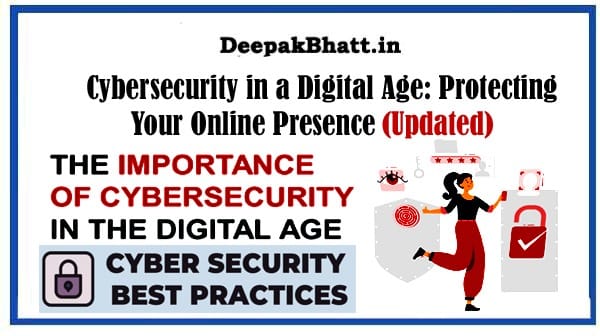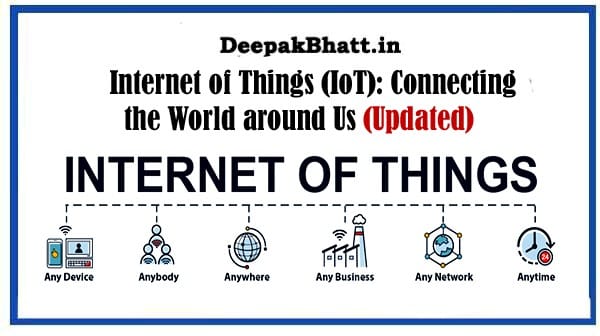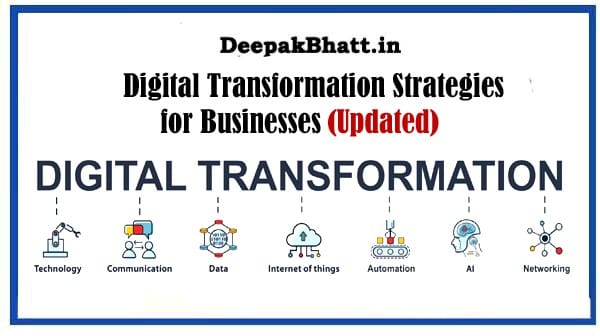Blockchain Revolution Blockchain technology possesses the potential to transform multiple
Industries, spanning from finance to supply chain management, by providing secure and efficient means of handling data and transactions.
- 1 Blockchain Revolution
- 1.1 1. Finance
- 1.2 1. Payment Processing:
- 1.3 2. Remittances:
- 1.4 3. Smart Contracts:
- 1.5 4. KYC/AML Compliance:
- 1.6 5. Asset Management:
- 1.7 2. Healthcare
- 1.8 1. Electronic Health Records (EHR):
- 1.9 2. Clinical Trials:
- 1.10 3. Drug Supply Chain Management:
- 1.11 4. Medical Identity:
- 1.12 5. Telemedicine:
- 1.13 3. Real Estate
- 1.14 1. Property Transactions:
- 1.15 2. Title Records:
- 1.16 3. Property Management:
- 1.17 4. Real Estate Investment:
- 1.18 5. Property Valuation:
- 1.19 4. Energy
- 1.20 1. Peer-to-Peer Energy Trading:
- 1.21 2. Energy Management:
- 1.22 3. Smart Grid Management:
- 1.23 4. Energy Supply Chain Management:
- 1.24 5. Education Industry
- 1.25 1. Digital Credentials:
- 1.26 2. Student Records:
- 1.27 3. E-Learning:
- 1.28 4. Verification of Skills and Experience:
- 1.29 5. Copyright Protection:
- 1.30 6. Supply Chain Management
- 1.31 1. Transparency and Traceability:
- 1.32 2. Quality Control:
- 1.33 3. Reduced Costs:
- 1.34 4. Increased Efficiency:
- 1.35 5. Sustainability:
- 1.36 7. Insurance
- 1.37 1. Claims Management:
- 1.38 2. Smart Contracts:
- 1.39 3. KYC/AML Compliance:
- 1.40 4. Fraud Detection:
- 1.41 5. Reinsurance:
- 1.42 The Future of Business with Blockchain
Blockchain Revolution
As this technology continues to advance, its influence is anticipated to extend across diverse sectors in the foreseeable future. Blockchain Revolution
1. Finance
Blockchain holds the potential to revolutionize the financial industry, offering a more secure and transparent platform for conducting transactions. Key applications include:
1. Payment Processing:
Real-time, intermediary-free payment processing using distributed ledger technology to enhance speed and security. Blockchain Revolution
2. Remittances:
Facilitation of cross-border remittances through a blockchain-based system for quicker and cost-effective transactions.
3. Smart Contracts:
Automation of financial transactions like loan disbursements and insurance claims using self-executing smart contracts, reducing the need for intermediaries.
4. KYC/AML Compliance:
Creation of a tamper-proof and decentralized identity verification system to meet Know Your Customer (KYC) and Anti-Money Laundering (AML) regulations.
5. Asset Management:
Utilizing blockchain for efficient and transparent asset management through real-time tracking of ownership and transfers.
2. Healthcare
Blockchain’s impact on the healthcare sector includes: Blockchain Revolution
1. Electronic Health Records (EHR):
A secure and decentralized system for storing and sharing EHRs, ensuring tamper-proof data accessible only by authorized entities.
2. Clinical Trials:
Streamlined and transparent management of clinical trials, providing real-time tracking for researchers and increased control for patients over their data.
3. Drug Supply Chain Management:
Enhanced transparency in the drug supply chain, preventing counterfeiting and ensuring authenticity.
4. Medical Identity:
Secure and reliable management of medical identity, allowing patients control over their data and selective access for healthcare providers.
5. Telemedicine:
More efficient and transparent telemedicine systems for secure storage and sharing of health data.
3. Real Estate
Blockchain applications in real estate encompass: Blockchain Revolution
1. Property Transactions:
Streamlining property transactions through an efficient and transparent blockchain-based system, incorporating smart contracts for automation and reduced reliance on intermediaries.
2. Title Records:
Secure and reliable storage of title records using blockchain, preventing fraud and errors.
3. Property Management:
Transparent and efficient property management through a decentralized blockchain system.
4. Real Estate Investment:
Facilitation of real estate investment by allowing secure and transparent transactions for fractional ownership.
5. Property Valuation:
Creation of a more accurate and reliable system for property valuation through decentralized and tamper-proof storage of property data.
4. Energy
Blockchain’s impact on the energy industry includes: Blockchain Revolution
1. Peer-to-Peer Energy Trading:
Efficient and secure peer-to-peer energy trading, reducing costs and promoting renewable energy sources.
2. Energy Management:
Transparent and efficient energy management through tamper-proof storage of consumption data.
3. Smart Grid Management:
Reliable and efficient smart grid management by storing data in a decentralized manner.
4. Energy Supply Chain Management:
Transparent and secure tracking of energy from production to consumption, reducing the risk of fraud.
5. Carbon Credits: Creation of an efficient and transparent system for trading carbon credits, reducing the risk of fraud.
5. Education Industry
Blockchain applications in education involve:
1. Digital Credentials:
Secure issuance and storage of digital credentials using blockchain, enhancing reliability and transparency.
2. Student Records:
Secure and efficient storage and sharing of student records through a decentralized ledger.
3. E-Learning:
Efficient and transparent e-learning systems through secure storage and sharing of educational content.
4. Verification of Skills and Experience:
Reliable and transparent systems for verifying individual skills and experience.
5. Copyright Protection:
Secure and transparent systems for protecting intellectual property rights.
6. Supply Chain Management
Blockchain’s impact on supply chain management includes:
1. Transparency and Traceability:
End-to-end visibility and traceability in supply chains through blockchain, reducing fraud and delays.
2. Quality Control:
Tracking and verifying the quality of goods by recording environmental factors during their journey.
3. Reduced Costs:
Cost reduction by eliminating intermediaries and automating processes using smart contracts.
4. Increased Efficiency:
Real-time information and process automation to enhance supply chain efficiency.
5. Sustainability:
Promotion of sustainability by tracking the origin of products and ensuring they are sourced sustainably.
7. Insurance
Blockchain applications in the insurance industry include:
1. Claims Management:
Efficient and transparent claims management through tamper-proof and decentralized processing.
2. Smart Contracts:
Automation of insurance policies, claims management, and other transactions, reducing the need for intermediaries.
3. KYC/AML Compliance:
Secure and decentralized identity verification for compliance with regulations.
4. Fraud Detection:
More effective fraud detection through blockchain-based tracking of insurance claims history.
5. Reinsurance:
Efficient and transparent reinsurance processes through secure and decentralized transactions.
The Future of Business with Blockchain
In conclusion, the widespread impact of blockchain technology on various industries is anticipated to be profound. From enhancing transparency to streamlining processes and reducing costs, blockchain has the potential to reshape the way businesses operate.
As the technology evolves and becomes more prevalent, it is likely to enhance security and efficiency, ultimately improving the way individuals interact with businesses and institutions.
The adoption of blockchain in the education sector, in particular, holds significant potential to positively impact individuals’ lives by providing more secure and efficient systems for managing educational data, reducing fraud, and enhancing employment prospects.
Therefore, staying abreast of blockchain developments and integrating its applications is crucial for institutions across diverse industries aiming to improve the lives of individuals.
Marketing Psychology: How To Become A Master Of Influence
TikTok Marketing: Grow Your Account & Master TikTok Ads

